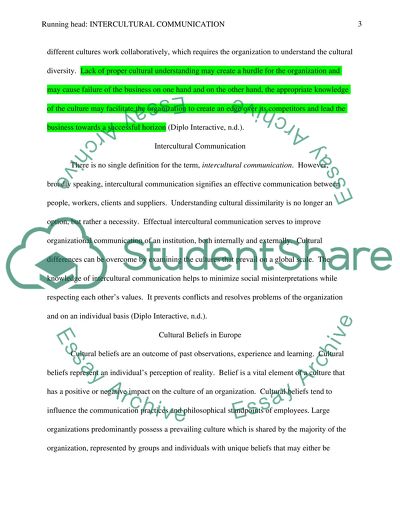Cite this document
(“Intercultural Communication Book Report/Review Example | Topics and Well Written Essays - 1500 words”, n.d.)
Retrieved from https://studentshare.org/sociology/1454235-intercultural-communication
Retrieved from https://studentshare.org/sociology/1454235-intercultural-communication
(Intercultural Communication Book Report/Review Example | Topics and Well Written Essays - 1500 Words)
https://studentshare.org/sociology/1454235-intercultural-communication.
https://studentshare.org/sociology/1454235-intercultural-communication.
“Intercultural Communication Book Report/Review Example | Topics and Well Written Essays - 1500 Words”, n.d. https://studentshare.org/sociology/1454235-intercultural-communication.


